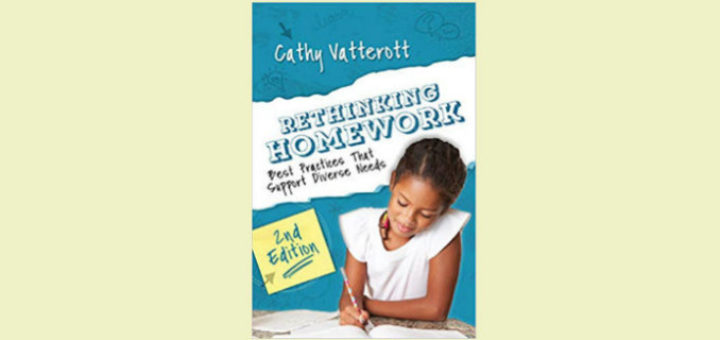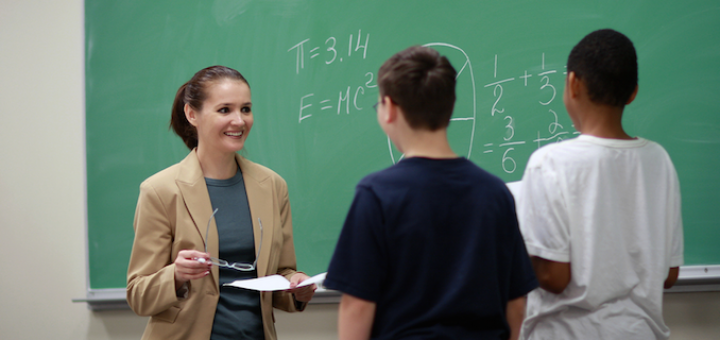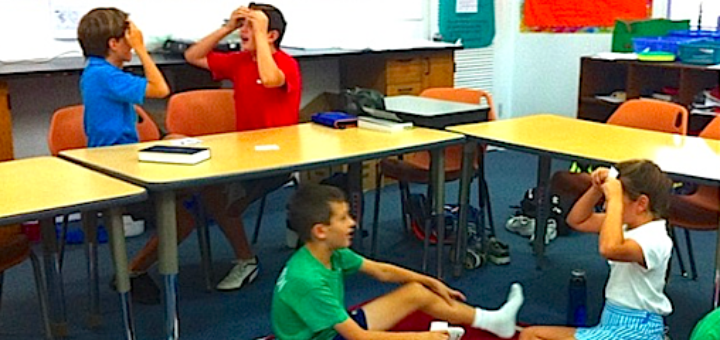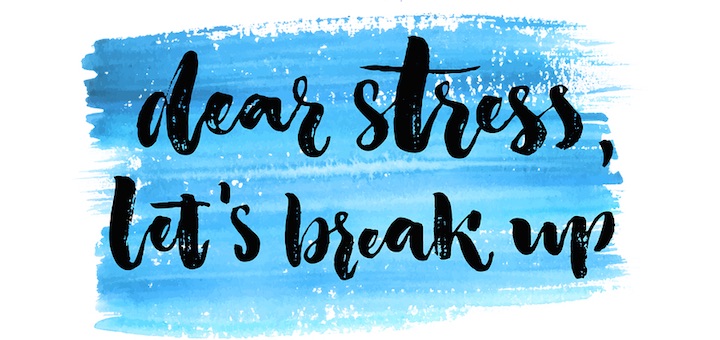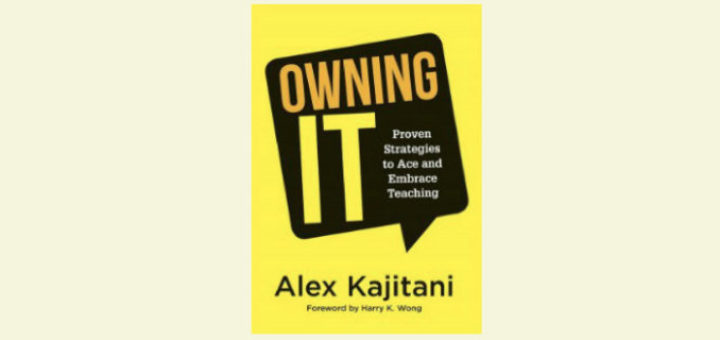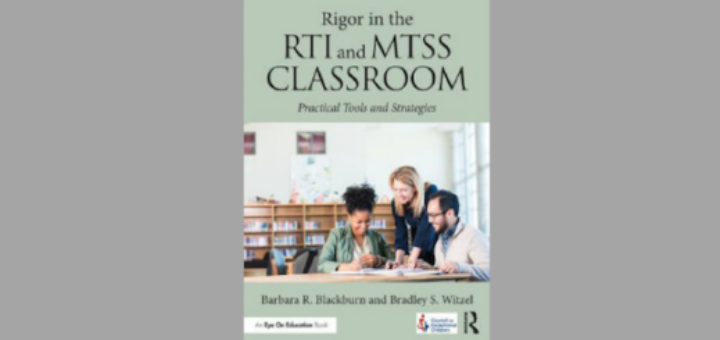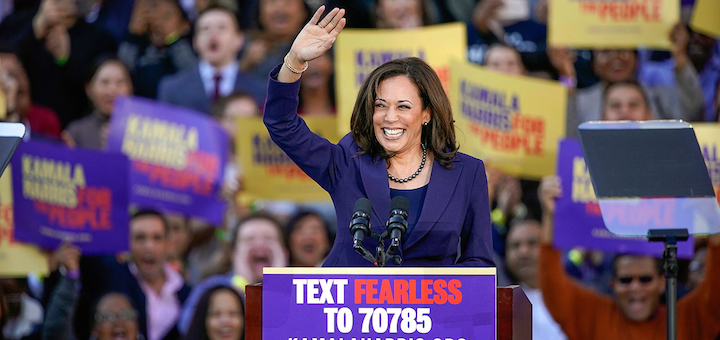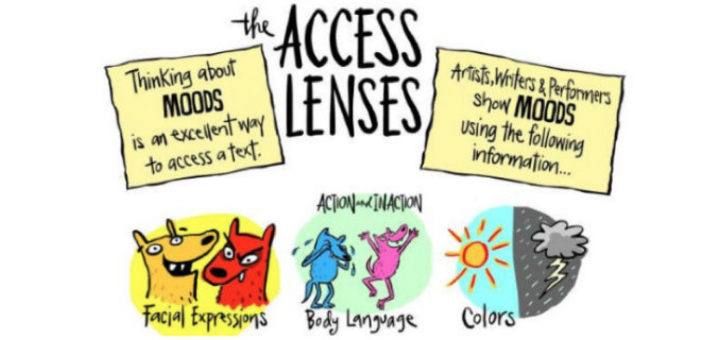Teaching and learning in grades 4-8
How many minutes? In which grades? What really works? How can family be engaged? These and lots more questions are answered in Cathy Vatterott’s book Rethinking Homework. Educator Brian Taylor says it’s a must for educators who want to bring sanity to homework policies.
Rather than approaching differentiation as “making it easier” for some, Barbara Blackburn suggests a strategy that assures lessons will be rigorous while also giving struggling students the supports they need. Her example involves an informational reading lesson.
Geoff Krall’s valuable new book gets down to math “nuts and bolts,” writes teacher Michelle Russell. It’s not just about theory. It offers detailed strategies and ideas to create the three necessary conditions for students to begin to see themselves as mathematicians.
Reviewing for year-end assessments doesn’t have to be dull, tedious or routine. Ever-creative teacher Megan Kelly describes her favorite ways to offer test prep and review activities that are filled with exploration, fun and inquiry. Be sure to share an idea of your own!
Marilee Sprenger shares the “break-up letter” she read to her middle school students to help them become aware of their emotions and find strategies that will work for them and their individual experiences. She includes follow-up activities to build SEL skills for all.
We ask our students to “step up” and own their work. Now it’s time for us to “step up to the challenge.” Whether you are a novice or a veteran, Alex Kajitani’s book will be your guide to continuing your passion for teaching by helping you “own it,” writes Linda Biondi.
Rigor in the RTI and MTSS Classroom is a practical, research-based approach to the “what” and “how” involved in helping struggling students succeed. Erin Corrigan-Smith notes the authors’ assurance that educators have the knowledge and power to make change happen.
As the presidential race heats up, stagecraft and poli-optics will be an important part of everything we see and hear, writes media literacy expert Frank Baker. Here’s how we can help students pull back the curtain on techniques used by professional image manipulators.
Whether they are fiction or nonfiction, the best stories are told through mood as we react to events, people and emotions. For students, identifying, tracking and exploring moods in stories and images is an easy way to enter into text. Teacher Trevor Bryan shares his approach.
That day you left your notes at home. Or taught a stupendous lesson that left kids bored. Or found a student’s super essay was all plagiarized. Or arranged a special speaker only to learn about a conflicting event. Middle school teacher Lauren Brown offers solace and a mood lifting idea.

